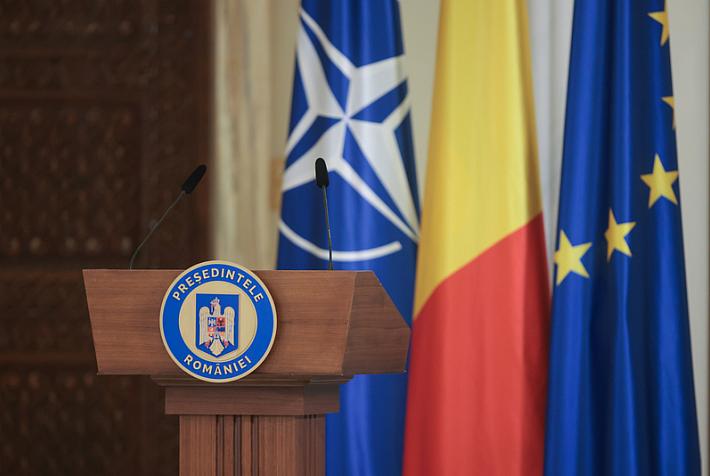Romania's Parliament approves “Big Brother” law

The so called “Big Brother” law, which allows national security and defense institutions to have quick access to the identification data of the telecom operators’ customers, was adopted by the Chamber of Deputies on September 23.
The law will enter into force if it receives the approval of President Klaus Iohannis and is not being challenged at the Constitutional Court.
Suppliers of fixed and mobile telephony and Internet services need to retain their customers’ data for six months, to be sent, upon request, to national security authorities, according to the “Big Brother” law. Telecom operators need to offer the requested data to national security or prosecution institutions, if these have the prior permission of the judge, in maximum 48 hours.
The law was launched for debate last year, but the Constitutional Court decided in the summer of 2014 that the bill was unconstitutional, so it didn’t pass through. However, following the Charlie Hebdo attacks from the beginning of this year, directors of the national security services decided to put the law back on the Parliament’s agenda. President Klaus Iohannis met with the political leaders in May this year, and decided to support the law.
editor@romania-insider.com













